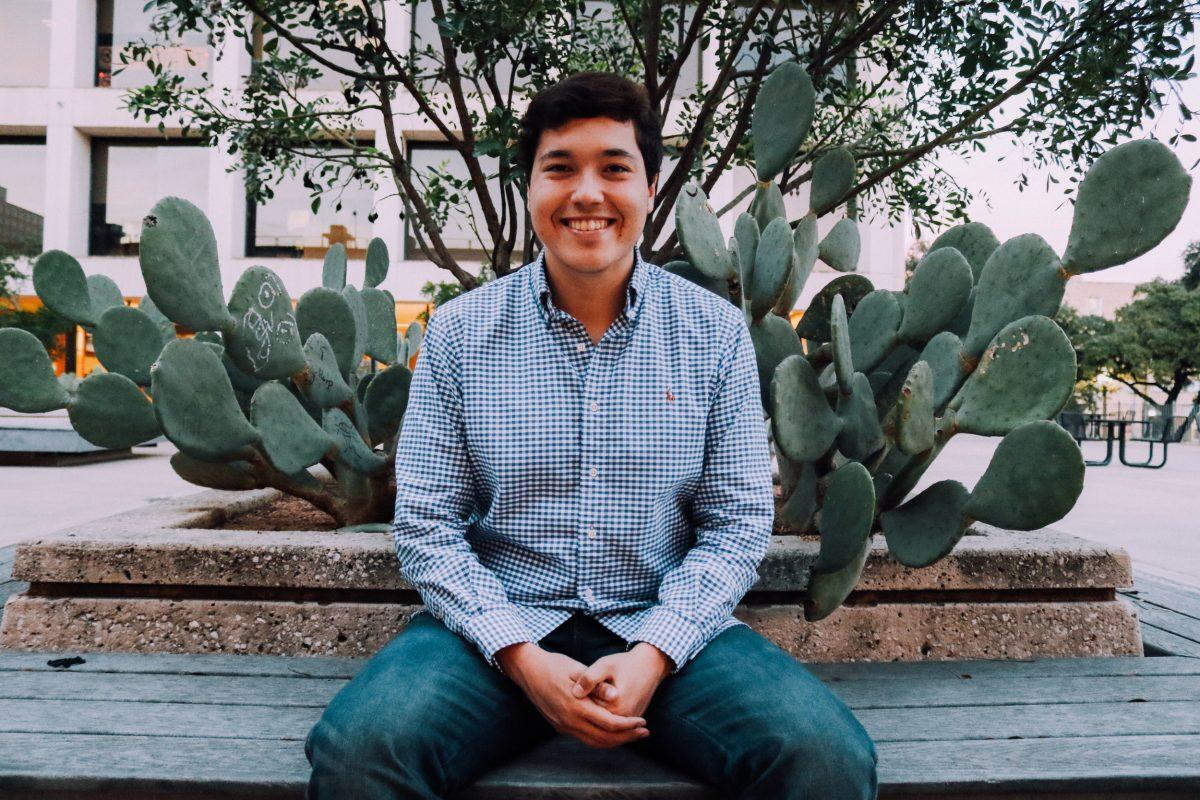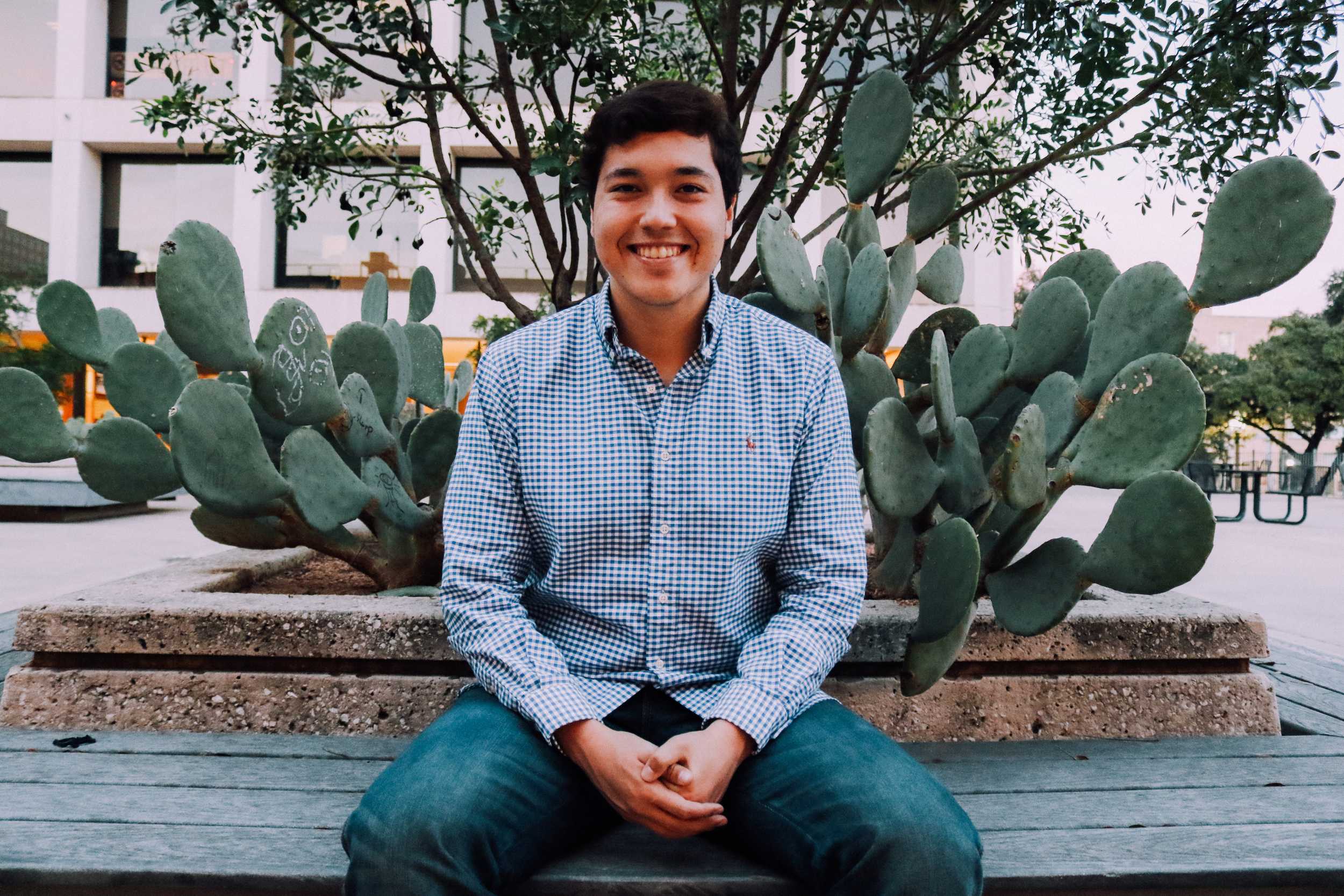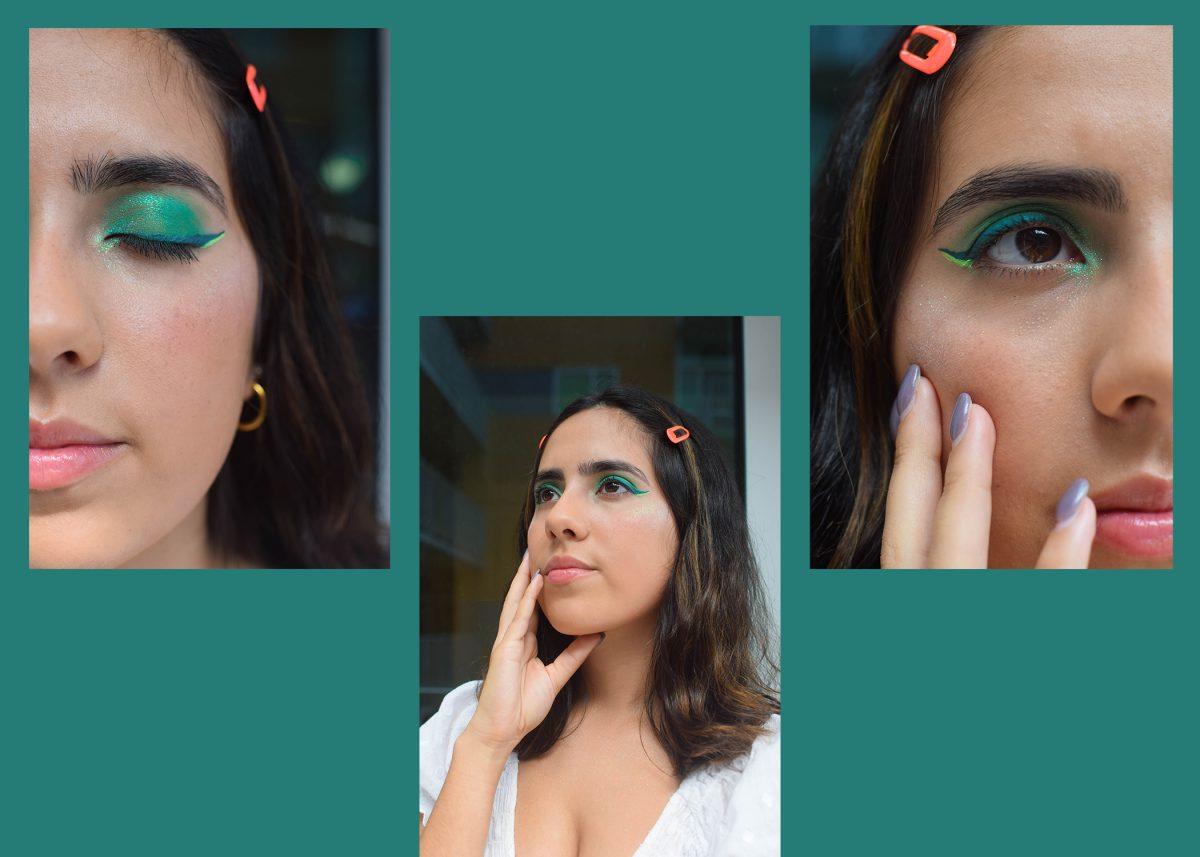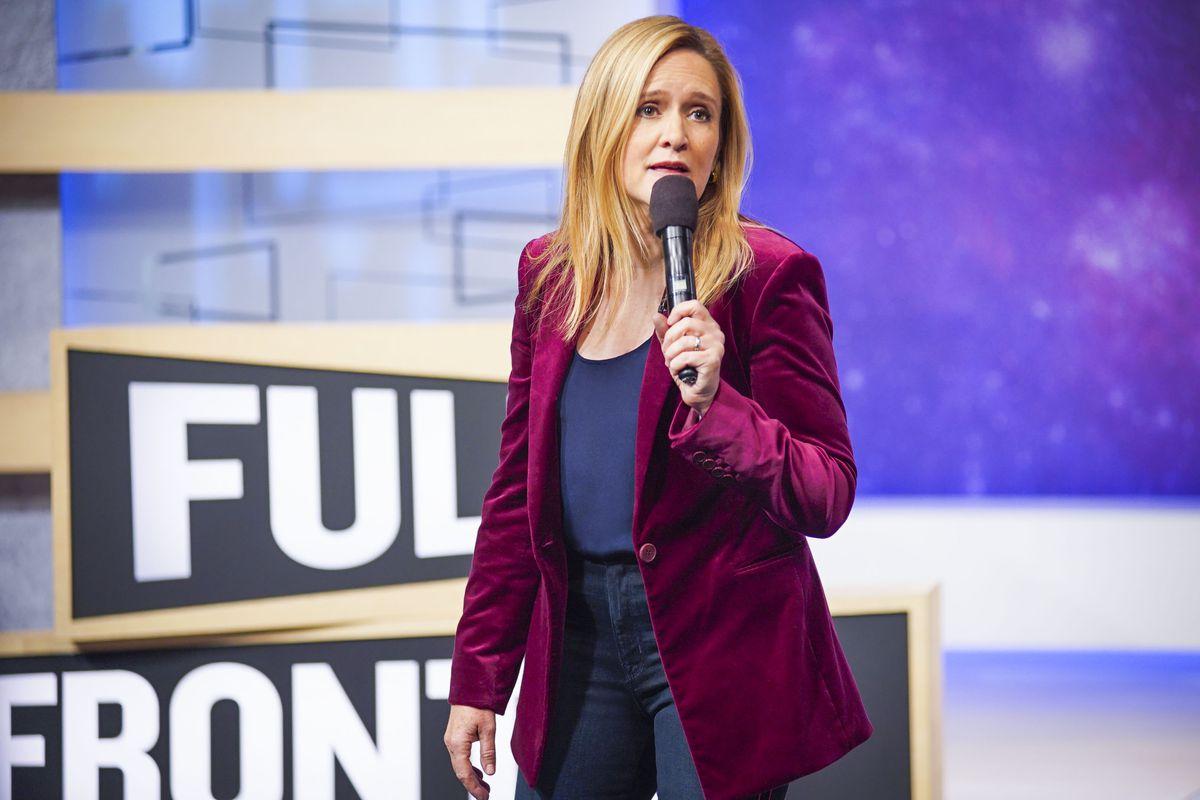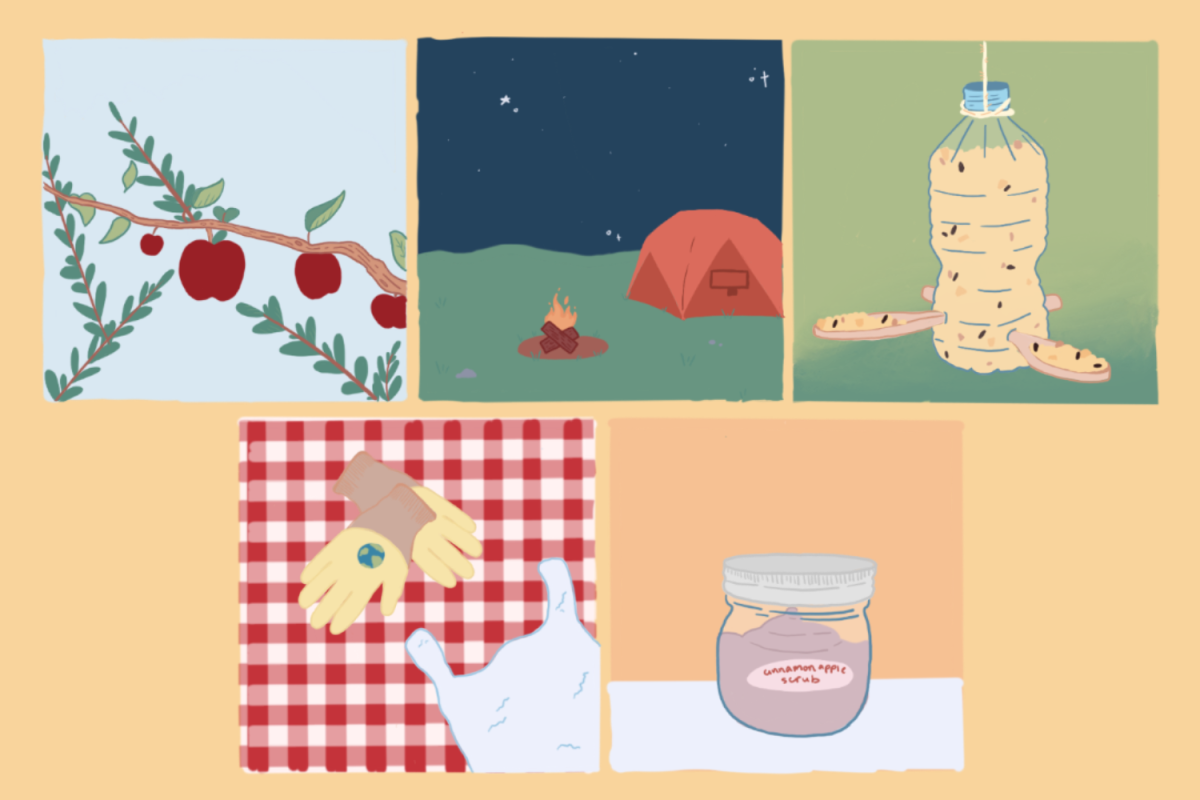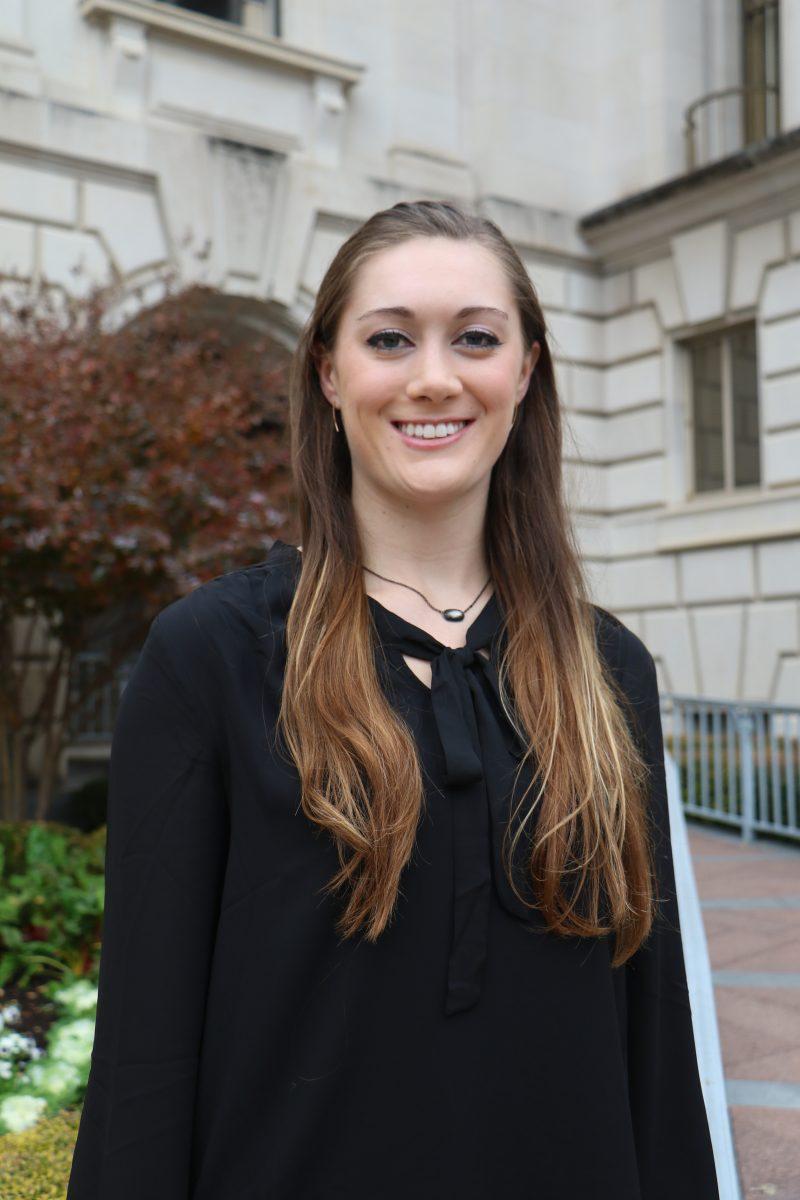Inspired by his childhood herding goats and his late father’s work representing marginalized people, Samuel Garcia started a nonprofit to provide dairy goats to poor people in the Rio Grande Valley as an additional source of income. Since the first goats arrived a year ago, he has become a bestselling author and won several awards.
Interview by Selah Maya Zighelboim
Photo by Joshua Guerra
WHAT DO DAIRY GOATS AND POVERTY HAVE TO DO WITH EACH OTHER?
As a kid in the Rio Grande Valley, I raised goats for six years. Then the summer of my sophomore year, I went to Argentina, where I learned about business practices in emerging markets. One of the things they do is group people together to confront low margins. If you’re raising grain, there’s not too much money to be made off it. There’s really high costs, and you’re probably not going to make it. However, if you split those high costs with other grain farmers, then you can do it. I thought this idea was incredibly applicable to the Rio Grande Valley, especially where poverty is the most rampant in an area called the colonias. In order to get basic plumbing, everyone who lives in the colonias has to live on at least a half-acre of land. I knew from personal experience this is the perfect size for three dairy goats.
WHY DID YOU HERD GOATS?
I was a really entrepreneurial kid. Goats came into my mind because I’m from a rural area, and I liked the thought of goats and raising animals. My dad was a defense attorney in the Valley, and he was gifted a herd of goats by one of his clients. He leased out a little piece of land, and that was that. I raised them for six years. It wasn’t a profession. It was more like a hobby, but I did a lot of time every day with them.
WHY IS FIGHTING POVERTY SOMETHING THAT’S IMPORTANT TO YOU?
My dad was an attorney in the Valley, but he wasn’t just an attorney. He passed away a month before I came to college, and on his obituary, there are just the most insane comments. People saw my dad as a champion of the underdog, someone who is going to fight for you when no one else would, someone who represented people who didn’t think they have voices, immigrants and first-generation Hispanics who didn’t think it was their right to reach out to the legal system. My dad reached out to a lot of those people, and that’s where a lot of his business came from. He did an amazing job for the Valley and really cared for the people there. He saw to it that a lot of things were implemented to help people and encourage diversity. So when he passed, I thought, ‘What better way to honor his legacy than to continue helping the people in the Valley?’ I attribute a lot of my success to being from the Valley.
WHY DO YOU CONTRIBUTE A LOT OF YOUR SUCCESS TO BEING ROM THE VALLEY?
It’s common for someone to hear you’re from the Valley and think, ‘Maybe this kid isn’t the smartest.’ But I think growing up in the Valley is an incredibly special environment. It’s a border town. People think of it as an obstacle, and everyone tells them that it is, and they just believe it. I saw it a lot more as an enabling factor. It gave me a lot of things that were unique to focus on that nobody else had. It’s an incredibly supportive community. If one kid in Dallas does well, people are like, ‘Well, that’s normal. We’re not going to get behind you.’ In the Valley, it’s insane. Everyone’s behind me, super excited. People were cheering for me like I’m their own kid out there.
WHEN DID THE FIRST GOATS ARRIVE TO THE COLONIAS THROUGH YOUR INITIATIVE?
It was a year ago. I bought the goats, picked them up and delivered them that same day. The family was really excited. They had had some previous herding experience before, but they had never had goats of their own. People were really excited to have something to take care of and a little source of income too.
WHAT HAS THE FEEDBACK TO THE SUSTAINABLE GOAT INITIATIVE BEEN LIKE?
People in the Valley really like it. I went on to write a book about it over the summer, and the book experienced a lot of success relatively quickly. It became a bestseller in 12 hours. That was mostly people from the Valley who bought it, and a lot of people from UT shared it. The title, “How Goats Can Fight Poverty,” gives it all away. It details my idea, the methodology, why it works, some anecdotal stories, how to make money and how to finance the project.
WHAT OTHER OPPORTUNITIES HAS THE SUSTAINABLE GOAT INITIATIVE PRESENTED?
I’ve heard that if you focus on doing the things you like, if you do them well, you’ll see results. People, in the business school especially, think it’s a great idea to join these established organizations and go down the beaten path. What I’ve done is step away and say there’s power in being yourself because who you are nobody else is.
So I took the things that were unique about me and formed them into this idea. I worked hard at it. It won me one of the highest service awards at UT, I went on to be honored on the Texas House floor and wrote the book, which is still the top book in the topic of agriculture. It goes to show that if you be yourself and just do what you’re good at, people notice.
WHAT WOULD YOU LIKE YOUR IDEAL POST-COLLEGE LIFE TO LOOK LIKE?
I would hope to be an attorney practicing somewhere. I would hope to own my own practice at some point with my brother and hopefully be running a nonprofit or on the board of a nonprofit that’s fighting poverty somewhere.































